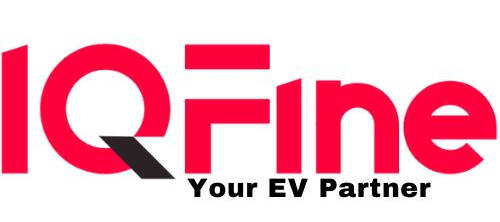Hyundai has inaugurated its first electric vehicle (EV) battery cell plant in Indonesia in partnership with LG Energy Solution. The opening of the plant is marking a significant milestone in the automaker’s global supply chain expansion. The new facility aims to support the production of over 150,000 cost-effective Hyundai and Kia EVs annually which started with the new Kona Electric.

Hyundai and LG collaborated in March 2021 with a total investment of $1.1 billion for a 50/50 stake in the plant, named “HLI Green Power.” This partnership ensures a stable and competitive supply of EV batteries for Hyundai’s future battery electric vehicles (BEVs).
Located near Indonesia’s capital, the plant has an annual capacity of 10 GWh that is sufficient to power over 150,000 electric vehicles. Hyundai has also announced this facility commenced trial production in the second half of 2023 and has been manufacturing battery cells since Q2 2024. The new Kona Electric will be the first vehicle to utilize these batteries.
Hyundai’s strategic move to produce the Kona Electric in Indonesia is part of its planned 2024 SOP to position the model as Indonesia’s flagship electric vehicle. This new Kona is the second EV produced at Hyundai’s Indonesian plant after the IONIQ 5. Which will benefit from long-range and fast charging capabilities at an affordable price. Honda said the strategy is to “foster the Kona Electric as Indonesia’s representative electric vehicle.”

Indonesia is the home of the world’s largest nickel reserves and a significant population, presenting immense potential for EV growth. The country also aims to produce 600,000 EVs annually by 2026 as part of its carbon neutrality objectives. Currently, electric vehicles represent only about 2% of Indonesia’s automotive market but this share is expected to increase to double digits by 2030.
Hyundai anticipates a tough competition from low-cost Chinese EV manufacturers like BYD, which recently delivered its first batch of 1,000 cars to Indonesia. This makes the new battery cell plant a crucial component of Hyundai’s strategy to maintain a competitive edge.
In addition to its efforts in Indonesia, Hyundai is also expanding its low-cost EV offerings in other markets. The automaker recently unveiled the Inster EV (known as the Casper Electric in Korea) for Europe, priced under $27,000. Meanwhile, Kia’s new EV3, priced at approximately $30,700, has already garnered over 10,000 reservations in Korea.

In the United States the EV sales of Hyundai has reached new heights, with the IONIQ 5 seeing a 37% increase in sales during the first half of 2024 compared to the previous year. The IONIQ 5 has become an attractive leasing option, starting at just $229 per month, making it more affordable than the country’s cheapest car, the 2024 Nissan Versa.
As Hyundai continues to produce affordable and efficient EVs, both in Indonesia and globally, it remains a key player in the transition to sustainable transportation. With the new battery cell plant operational, Hyundai is well-positioned to meet the growing demand for electric vehicles.








